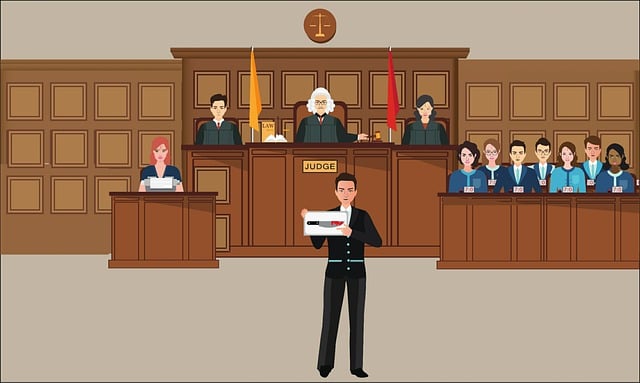Probate enforcement ensures estate plans are executed post-death, distributing assets per individual wishes. Key steps involve appointing an executor, gathering and valuing assets, settling debts/taxes, and final distribution to designated heirs. Executors play a vital role, managing assets, settling debts, and ensuring transparency. Enforcing probate decisions safeguard beneficiary rights, resolve will disputes, and ensure proper estate distribution through legal remedies and court orders. Skilled professionals navigate complexities for effective execution.
“Unraveling the intricacies of probate enforcement procedures, this article offers valuable legal insights into a crucial aspect of estate administration. From understanding the foundational framework of probate to exploring the rights and responsibilities of executors in estate distribution, we delve into key considerations.
We examine practical remedies for enforcing probate decisions, highlighting potential challenges along the way. By navigating these complex issues, the piece provides essential guidance for professionals involved in ensuring the fair and timely distribution of estates.”
- Understanding Probate Enforcement: A Legal Framework
- Estate Distribution: Rights and Responsibilities of Executors
- Enforcing Decisions: Remedies and Challenges in Probate
Understanding Probate Enforcement: A Legal Framework

Probate enforcement procedures are a crucial aspect of ensuring that an individual’s wishes regarding their estate are respected and carried out after their passing. This legal framework is designed to facilitate the distribution of assets as per the terms of a will or trust, providing a structured process for beneficiaries and executors alike. At its core, probate involves several key steps: appointment of an executor, gathering and valuing assets, paying off debts and taxes, and ultimately distributing the remaining estate to the designated heirs.
Understanding the legal framework behind probate is essential for several reasons. It clarifies rights and responsibilities, ensuring that all parties involved are aware of their roles in the process. Moreover, it provides a mechanism for resolving disputes over will validity, identity of beneficiaries, or the interpretation of specific provisions, thereby promoting fairness and ensuring the accurate estate distribution as intended by the deceased individual.
Estate Distribution: Rights and Responsibilities of Executors

The process of estate distribution plays a pivotal role in probate enforcement, with Executors holding significant responsibilities. Upon the settlement of an estate, it is the Executor’s duty to ensure that the assets are divided according to the deceased’s wishes as outlined in their will or, in the absence of a will, in accordance with inheritance laws. This involves meticulously managing and valuing the estate’s assets, paying off debts and taxes, and distributing the remaining property to the rightful beneficiaries.
Executors have both rights and obligations during this phase. They possess the authority to sell or dispose of assets as necessary for distribution while also being accountable for maintaining transparency and providing detailed accounts of their actions. This delicate balance requires Executors to act in good faith, ensuring that all legal requirements are met and that the interests of the beneficiaries are protected throughout the estate distribution process.
Enforcing Decisions: Remedies and Challenges in Probate

Enforcing probate decisions is a critical phase in ensuring the proper distribution of an estate. The process involves various remedies to safeguard the rights of beneficiaries and ensure compliance with the court’s orders. Common remedies include garnishment, where creditors can attach assets in the hands of third parties, and sale of property to satisfy debts. In cases of non-compliance, courts have the power to issue warrants, compelling individuals or entities to adhere to the probate decree.
Challenges, however, arise from complex asset tracing, especially in large or hidden estates. Disputes over will validity, interpretation, or beneficiaries’ rights can further complicate matters. Legal professionals play a pivotal role in navigating these challenges, providing strategic guidance to clients and ensuring the efficient enforcement of estate distribution as per the probate court’s directives.






